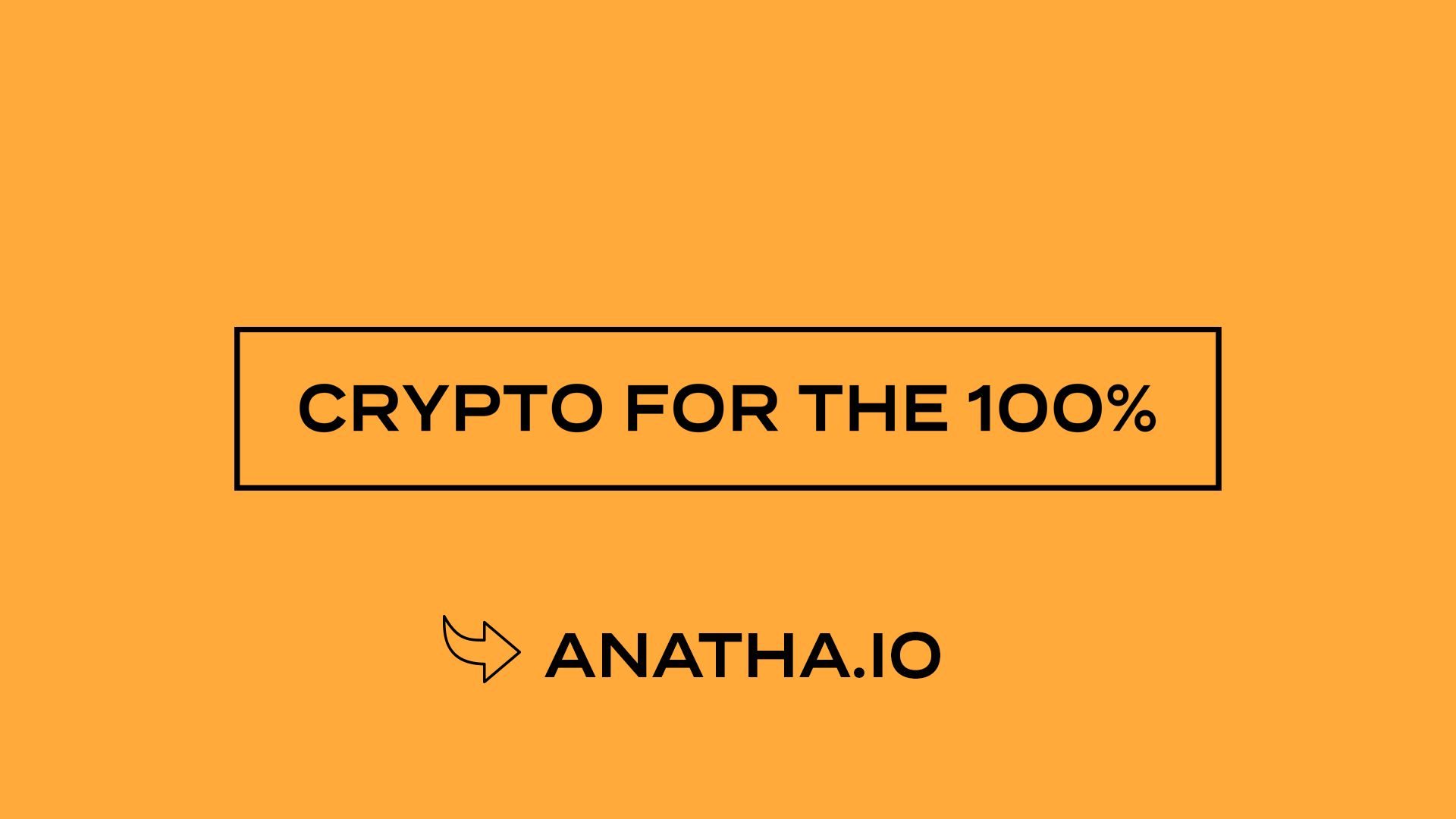| | | | | | | Presented By Anatha | | | | Axios What's Next | | By Jennifer A. Kingson, Joann Muller and Erica Pandey ·Sep 24, 2021 | | Good news for HR professionals everywhere: You're becoming more plentiful and powerful. Erica Pandey unpacks the many reasons why. - Today's What's Next photo contest winner is Brian Smith, a fourth-generation resident of Camden, Maine, who offers us a pastoral idyll worth starting the weekend with.
- Send us your photo to whatsnext@axios.com.
Today's Smart Brevity count: 1,125 words ... 4 minutes. | | | | | | 1 big thing: The golden age of HR |  | | | Illustration: Rae Cook/Axios | | | | The role of charting the future of work and workplaces is no longer just the purview of the chief executive officer or the chief technology officer — it's also front-and-center for the chief people officer, Erica writes. Why it matters: The human resources department is vaulting in importance as companies grapple with return-to-work plans and the war for talent is won on corporate values and culture. What's happening: Not only are listings for HR jobs spiking — up 52.5% from their pre-pandemic baseline, per data from the jobs site Indeed — but the scope of the work that HR departments must do has widened enormously in the age of COVID-19. - As HR has gone from a back-office job to a C-suite job, more firms are hiring chief people officers to work side by side with CEOs to navigate the challenges of the future.
- Modern issues that newly muscular HR departments must grapple with include mask and vaccination policies, managing remote teams, therapy pets in the office, gender designations for restrooms, removing college degree requirements for hiring and much more.
- All this new clout and respect is reflected in evolving nomenclature: HR (a term that has sometimes induced eye-rolls) is increasingly known as the more prestigious-sounding "People Team."
Flashback: Before the pandemic, the favorable hiring environment meant that "HR wasn't able to demonstrate that what it was doing mattered," says Peter Cappelli, a professor and director of Wharton's Center for Human Resources. - "For a long time, it was on the chopping block," he says. "The people at the top had no idea about the harmful effects of bad management and the cost of turnover."
The pandemic upended that status quo. - Mass layoffs pushed many people in service or hospitality to rethink their careers. And people in plenty of other fields had more than a year to think about what they really wanted to do with their lives.
- Now upward of 40% of workers are considering quitting their jobs in what's now being routinely called the "great resignation." And many of them don't just want to change jobs — they want to change industries.
The bottom line: After a long period in the shadows, HR is gaining power. "What's going on right now is that the top people can finally see the problem," says Cappelli. Read the full story. |     | | | | | | 2. What Joann's driving: Arcimoto FUV | | Joann tooling around in the Arcimoto FUV. Video: Bill Rapai for Axios I've spent the past week on a joyride, tooling around town in a crazy-fun, three-wheeled mashup between an electric car and a motorcycle — an "autocycle" if you will — called the Arcimoto FUV, Joann Muller writes. Why it matters: If this is the future of mobility, sign me up! The big picture: Arcimoto, based in Eugene, Oregon, wants to lead a shift to sustainable transportation — cleaner, smaller vehicles that help reduce congestion and CO2 emissions. - The $17,900 FUV ("fun utility vehicle") is part of a family of electric trikes that share the same basic design. There's also the Deliverator, the Rapid Responder, the Flatbed and the Roadster.
Details: Like the Polaris Slingshot or CanAm Spyder, Arcimotor's FUV has two wheels in front and one in back. - It's small — about one-third the weight and one-third the size of a typical car — but it has a surprisingly roomy cargo compartment that can hold three bags of groceries.
- It seats two people — one in front of the other, not side-by-side.
- There's a see-through roof and a windshield, but the sides are open, with removable half-doors.
How it works: The battery sends power to an electric motor on each of the front wheels, providing the instant torque that makes driving it so much fun. - It's highway-legal and goes up to 75 miles per hour, Arcimoto says — but I stuck to local roads and felt like I was flying at 45 mph, to be honest.
- The driving range is up to 102 miles in stop-and-go city driving, with regenerative braking that puts wasted energy back into the battery. The faster you go, the shorter your range.
What to watch: The company says it has more than 4,000 "pre-orders" and has delivered 230 to date. - So far it's available in just four states: Washington, Oregon, California and Florida — with Hawaii, Nevada, Arizona and New York to be added soon.
- It's also for rent in some tourist destinations like Key West, Florida, San Francisco and San Diego.
Read the full story. |     | | | | | | 3. Fewer first-time homebuyers |  Data: National Association of Realtors; Chart: Axios Visuals Home sales cooled as prices continued to heat up in August, as Courtenay Brown writes in Axios Closer. Driving the news: The share of first-time existing homebuyers (29%) last month was the smallest in two years, according to new data from the National Association of Realtors. - Since January 2011, the average share from new buyers has been 31%.
Why it matters: Fewer new buyers are opting into America's competitive housing market that's pushed prices to historic levels, economists say. - "A number of potential buyers have merely paused their search, but their desire and need for a home remain," NAR's Lawrence Yun said in a statement.
What's happening: The median price of an existing home sold last month hit $356,700, though the pace of rising prices is slowing. - August marked the 114th month of straight year-over-year gains at 14.9%, down from almost 18% last month.
|     | | | | | | A message from Anatha | | Anatha is crypto for the 100% | | |  | | | | ANATHA is a new kind of cryptocurrency built on the radical belief that economic systems should serve everyone. We decentralize the flow of money, connecting people to real value on a platform that is 100% accessible to 100% of everybody. Learn more. | | | | | | 3. Exclusive: Leonardo DiCaprio invests in cultivated-meat startups |  | | | Leonardo DiCaprio addresses the United Nations at the signing of the Paris Agreement for Climate Change in 2016. Photo: Jemal Countess/Getty Images | | | | Actor and environmentalist Leonardo DiCaprio is investing in a pair of cultivated meat startups and joining their advisory boards, Axios can report first, writes Bryan Walsh of Axios Future. Why it matters: Cultivated meat — which is grown from animal cells — is still in early stages and has garnered criticism from some greens, but DiCaprio's involvement provides a boost from one of the world's most prominent climate activists. Driving the news: DiCaprio will be investing undisclosed sums in the Dutch startup Mosa Meat, which made the world's first cell-based hamburger, and Israel's Aleph Farms, which produced the first cell-based steak. - "One of the most impactful ways to combat the climate crisis is to transform our food system," DiCaprio said in a statement.
By the numbers: According to a 2013 report by the UN's Food and Agriculture Organization (FAO), meat and dairy account for 14.5% of global greenhouse gas emissions. Read the full story. |     | | | | | | 5. Reader photo of the day |  | | | Photo: Brian Smith | | | | What's Next: Autumn! Brian Smith writes: "Paused here yesterday on my walk in Camden, Maine— summer melting into fall. "I'm a 4th generation citizen of Camden. My grandfather was the village blacksmith. I live in the home I was born into 77 years ago. "I was a teacher, principal, and superintendent, but a bit of a peripatetic along the way. It hasn't been a dull life, you may be certain. And yes, I am writing my autobiography. "After all, I'm just the sort of guy you write the newsletter for, aren't I?" Editor's note: YES! You are, Brian. ❤️ |     | | | | | | A message from Anatha | | Universal Basic Income. Now available for download | | |  | | | | What if UBI could pay for itself? What this means: ANATHA is a new kind of cryptocurrency that connects people to real value. Our goal? A regenerative income that can lift millions out of poverty and strengthen our economies as a whole. Learn more. | | | | Be on the lookout for photos that speak to What's Next in our lives. Send them to whatsnext@axios.com. And please tell the person sitting next to you to sign up for Axios What's Next! Subscribe here. |  | | It'll help you deliver employee communications more effectively. | | | | | | Axios thanks our partners for supporting our newsletters. If you're interested in advertising, learn more here.
Sponsorship has no influence on editorial content. Axios, 3100 Clarendon Blvd, Suite 1300, Arlington VA 22201 | | | You received this email because you signed up for newsletters from Axios.
Change your preferences or unsubscribe here. | | | Was this email forwarded to you?
Sign up now to get Axios in your inbox. | | | | Follow Axios on social media:    | | | | | |









No comments:
Post a Comment